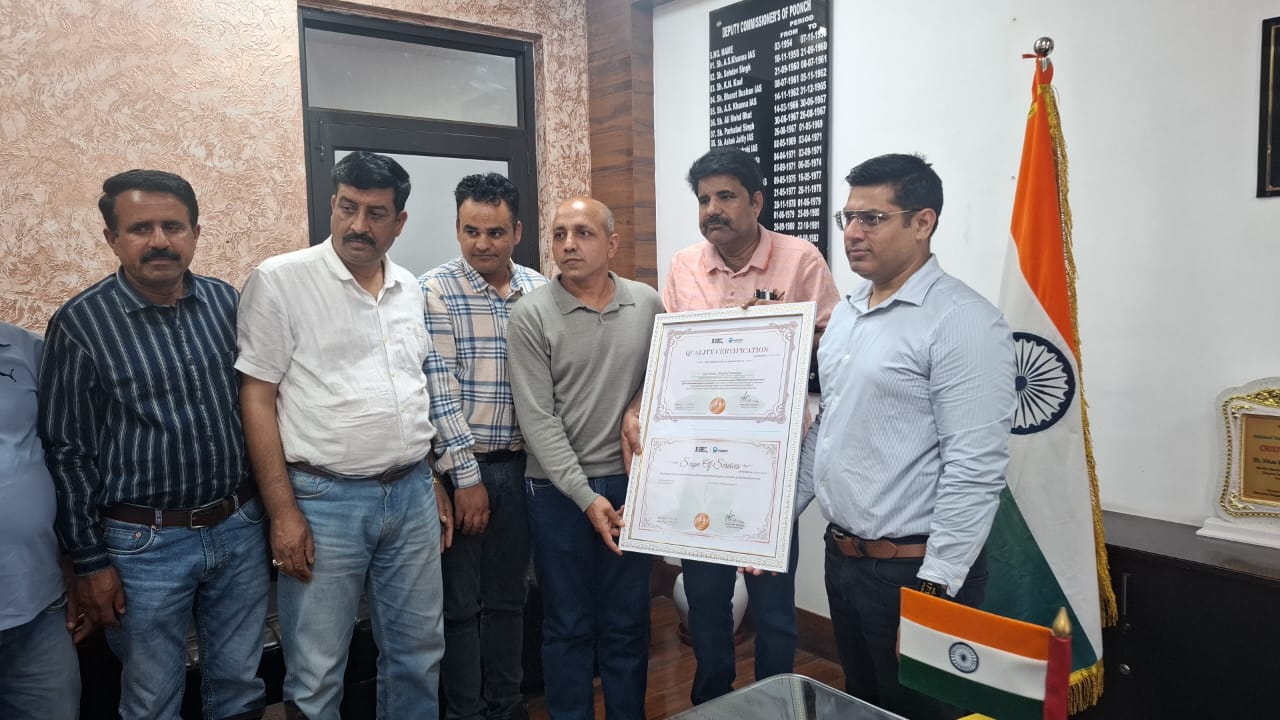The prevailing dry spell in Kashmir would lead to a significant rise in air pollution levels, surpassing permissible limits and posing health risks, particularly for vulnerable groups, experts have cautioned.
Renowned glaciologist, climate change researcher, and earth scientist, Professor Shakil A Romshoo, speaking to a J&K based news agency, highlighted the impact of meteorological conditions on air pollution concentration. He explained that during winters, temperature inversions caused by radiative cooling weaken convection, allowing pollutants to remain suspended under the thermal inversion layer.
“The prevailing dry spell, without intermittent rains or snowfall, is anticipated to increase the concentration of pollutants in the Kashmir Valley, with adverse effects on health, especially for the elderly and children,” he said.
Dr Suhaib A Bandh, Assistant Professor of Environmental Science at S P College Srinagar, elaborated on the scientific mechanisms behind increased pollution during winter dry spells. He said reduced precipitation leads to stagnant air masses, trapping pollutants closer to the surface. “The absence of rain or snow prevents the cleansing effect and results in the accumulation of pollutants, especially in urban areas,” he said.
“Cold, dry conditions create temperature inversions, where a layer of warm air traps cooler air near the surface. This inversion layer hinders the vertical dispersion of pollutants, causing them to linger and accumulate in the lower atmosphere,” he added.
Dr Bandh said the increased use of solid fuels for heating, such as burning wood, coal or biomass, contributes significantly to air pollution. “Industries intensifying operations during winter, without precipitation to disperse pollutants, can also impact air quality,” he said.
He further said that prolonged dry spells enhance the accumulation of precursor pollutants like nitrogen oxides and volatile organic compounds. “These compounds undergo chemical reactions in the atmosphere, forming secondary pollutants like ozone and fine particulate matter, harmful to human health,” he said.
Dr Suhaib stressed the importance of effective pollution control measures, including promoting cleaner energy sources, enforcing emission standards and encouraging sustainable practices.
“Understanding the intricate relationship between weather patterns and pollution dynamics is essential for developing targeted mitigation strategies in Jammu & Kashmir,” he said









